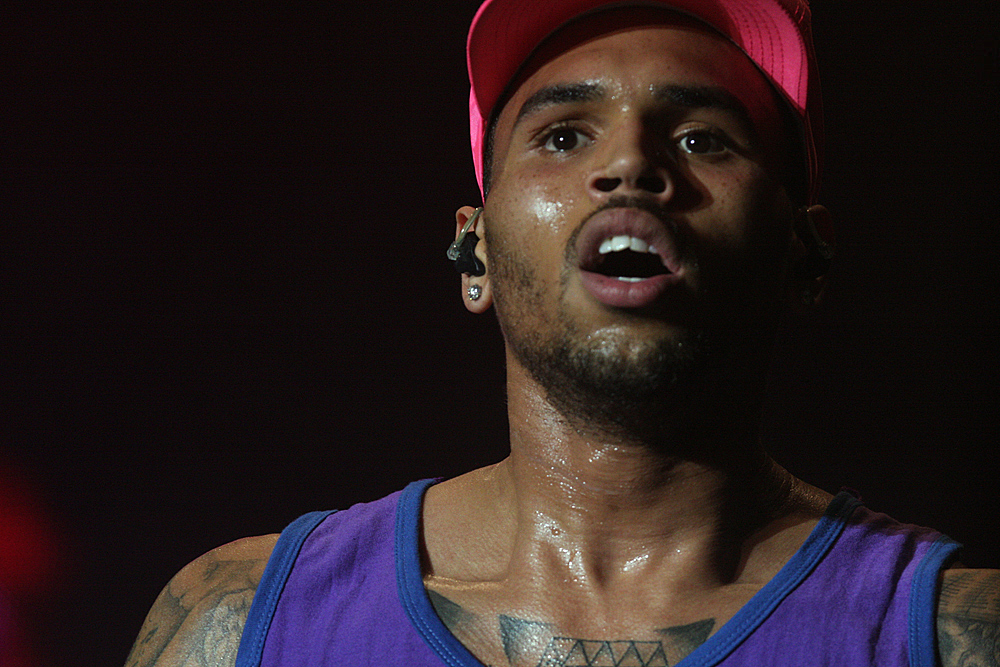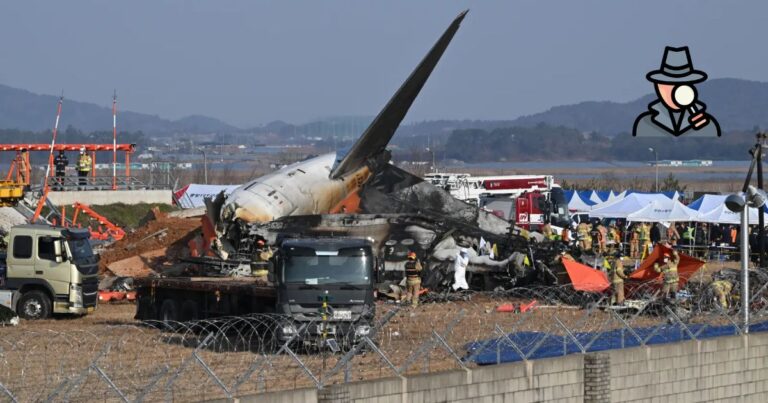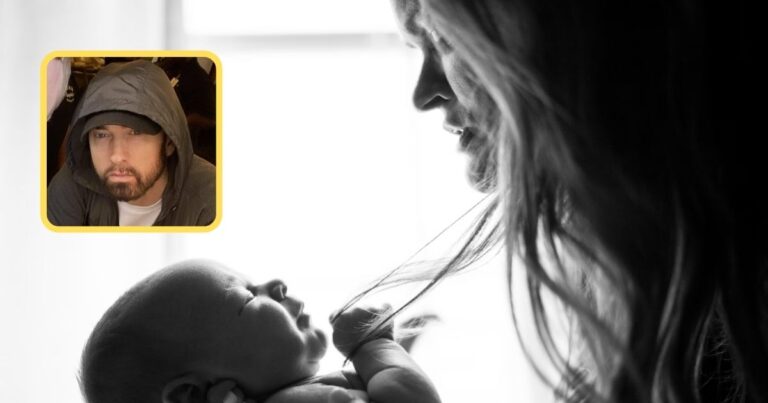
The once celebrated R&B artist, Chris Brown, has been embroiled in a series of controversies that have cast a long shadow over his career. Among the most serious allegations are those of rape and sexual assault.
In 2020, a woman known only as Jane Doe came forward, accusing Brown of raping her on a yacht owned by Sean “Diddy” Combs. The alleged assault occurred after Doe, aspiring to a career in dance, was invited aboard the yacht. Despite feeling uneasy, she accepted the invitation, hoping for potential opportunities in the industry. However, the evening took a horrifying turn when Brown allegedly took advantage of her intoxicated state and sexually assaulted her.
Brown’s legal team vehemently denied these claims, but the allegations sparked widespread outrage and calls for accountability. The incident highlights the pervasive issue of sexual assault within the entertainment industry, where power imbalances and the allure of fame often enable such predatory behavior.
The controversy deepened in 2021 when another woman accused Brown of sexual assault at a party in Los Angeles. While the details of this incident remain undisclosed, it further fueled public scrutiny of Brown’s conduct and raised concerns about his pattern of behavior.
Despite the gravity of these accusations, no formal charges have been filed in either case. This lack of legal action has left many questioning the justice system’s handling of sexual assault cases, particularly when high-profile individuals are involved.
The recent documentary, “Chris Brown: A History of Violence,” has brought renewed attention to these allegations, providing a platform for victims to share their harrowing experiences. The film delves into the disturbing details of the alleged assaults, shedding light on the psychological and emotional trauma endured by the survivors.
Brown’s legal team has dismissed the documentary as a “smear campaign,” but it has sparked important conversations about sexual assault, consent, and the power dynamics within the music industry. The documentary has also raised serious questions about Brown’s character and his ability to reform.
Beyond the rape and sexual assault allegations, Brown’s history is marred by other instances of violence and misconduct. In 2009, he assaulted his then-girlfriend, Rihanna, a shocking incident that led to his arrest and conviction. Subsequent arrests for hit-and-run and threats of violence have further eroded his public image.
The allegations against Chris Brown highlight a broader issue within the entertainment industry: the normalization of abusive behavior and the lack of accountability for powerful figures. As society becomes more aware of the prevalence of sexual assault, it is imperative to hold individuals accountable for their actions, regardless of their fame or influence.
The victims of sexual assault deserve justice, and it is crucial to create a safe and supportive environment for them to come forward without fear of retaliation or judgment. By amplifying their voices and demanding accountability, we can work towards a future where sexual violence is no longer tolerated.
The impact of these allegations extends beyond the music industry, affecting society as a whole. It raises questions about the role of celebrities in shaping cultural norms and the responsibility of the entertainment industry to address issues of sexual violence. As consumers, we have the power to hold artists accountable by choosing to support those who demonstrate ethical behavior and respect for others.
The Chris Brown case serves as a stark reminder that fame and talent do not absolve individuals from their actions. It is essential to critically examine the behavior of public figures and to challenge the culture of silence that often surrounds sexual assault. By shedding light on these issues, we can work towards a society where everyone feels safe and empowered.






